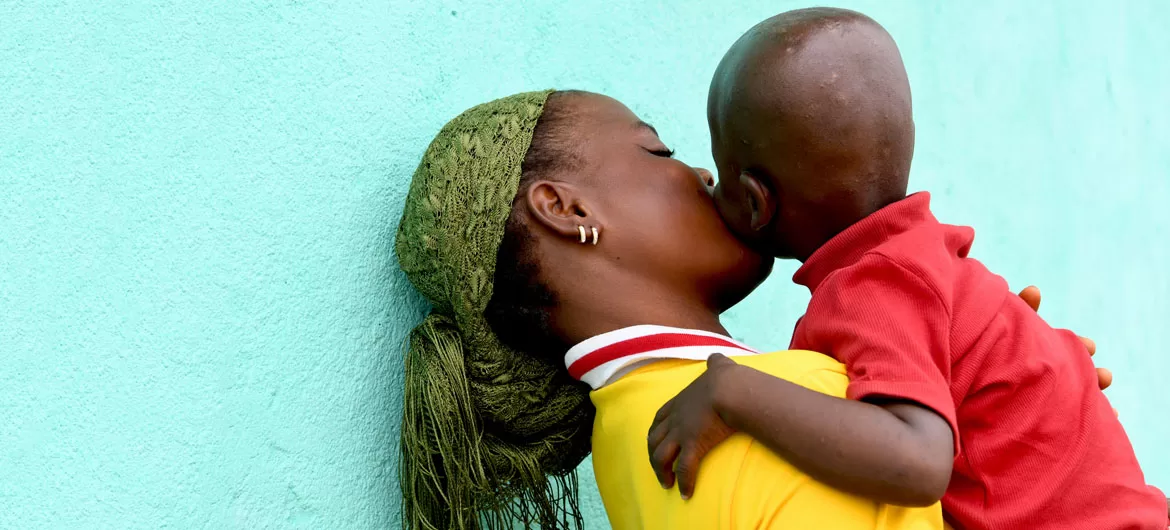Protocol Co-Chair Ellen Chadwick, MD, formerly with Ann & Robert H. Lurie Children’s Hospital of Chicago and Northwestern University Feinberg School of Medicine, highlighted the potential shift from daily antiretroviral therapy (ART) for HIV control in children, aiming to enhance their quality of life.
The study, a proof-of-concept, sought to replicate the case of HIV remission observed in the “Mississippi baby” from 2013. That case involved initiating ART within 30 hours of birth, achieving 27 months of ART-free remission, a significant deviation from the typical rebound within a month post-ART cessation.
This research introduced a three-drug ART regimen within 48 hours of birth, with a fourth drug added within 2-4 weeks, notably earlier than the standard practice, which typically begins ART at 2-3 months of age.
Dr. Jennifer Jao, co-author and a professor at Northwestern University Feinberg School of Medicine, emphasized the potential of early treatment in reducing viral reservoirs, potentially extending remission without daily ART. Dr. Chadwick highlighted the prospect of using newer treatments like long-acting antibody therapies or vaccines instead of daily ART.
The study’s global reach across 11 countries underscored its breadth and impact. Supported by NIH, it represents a significant stride in pediatric HIV research, offering hope for remission and improving treatment options for infants and children with HIV.












